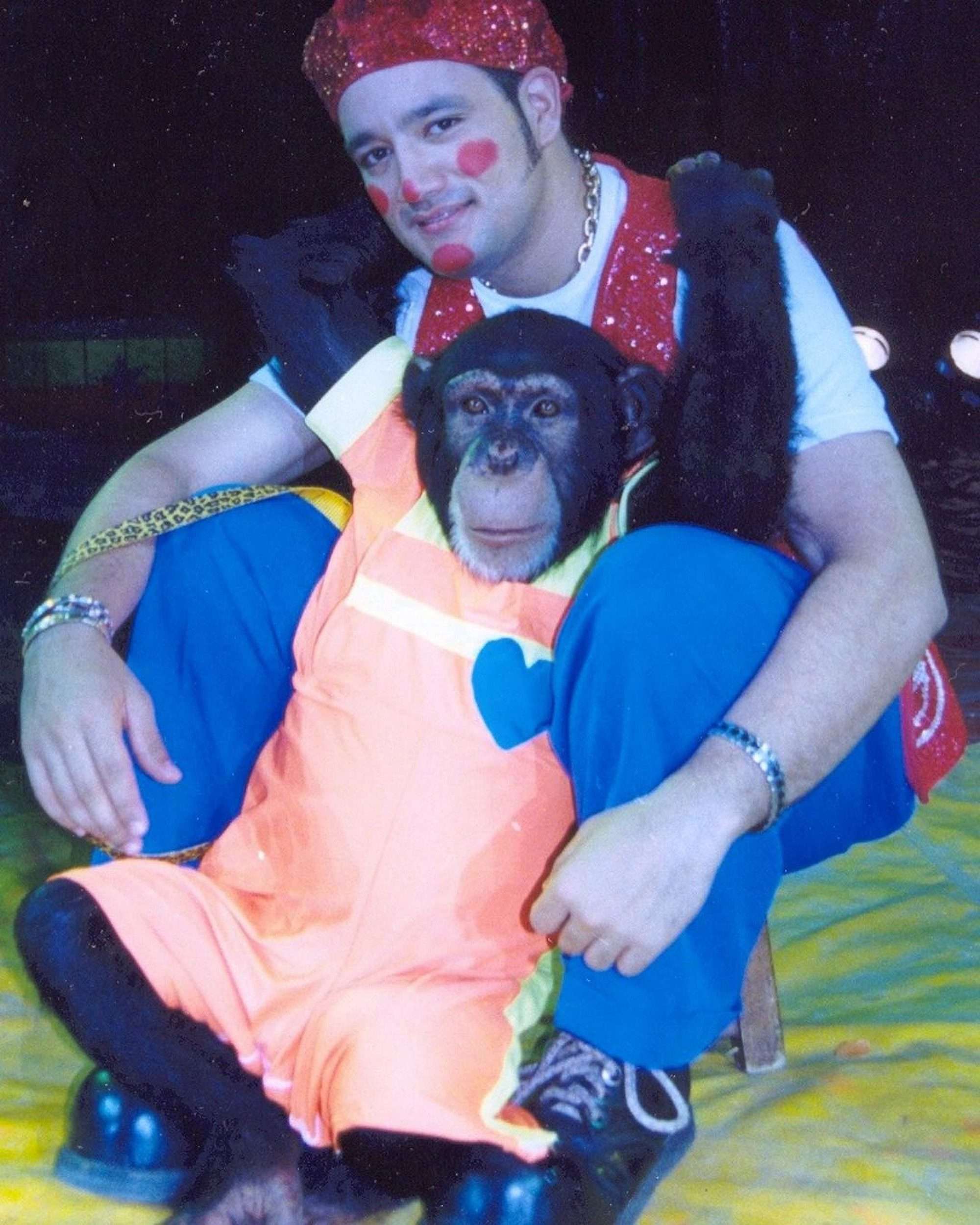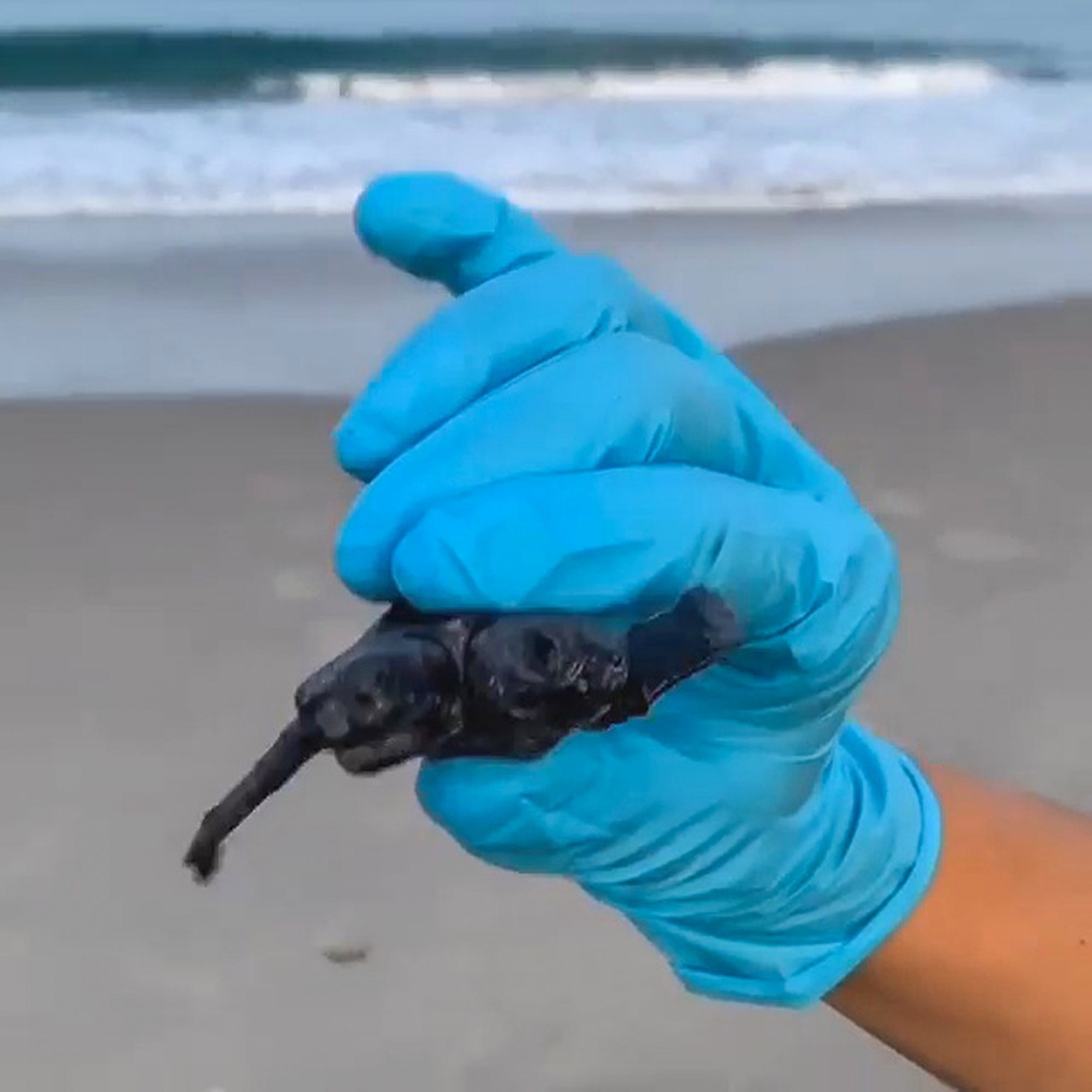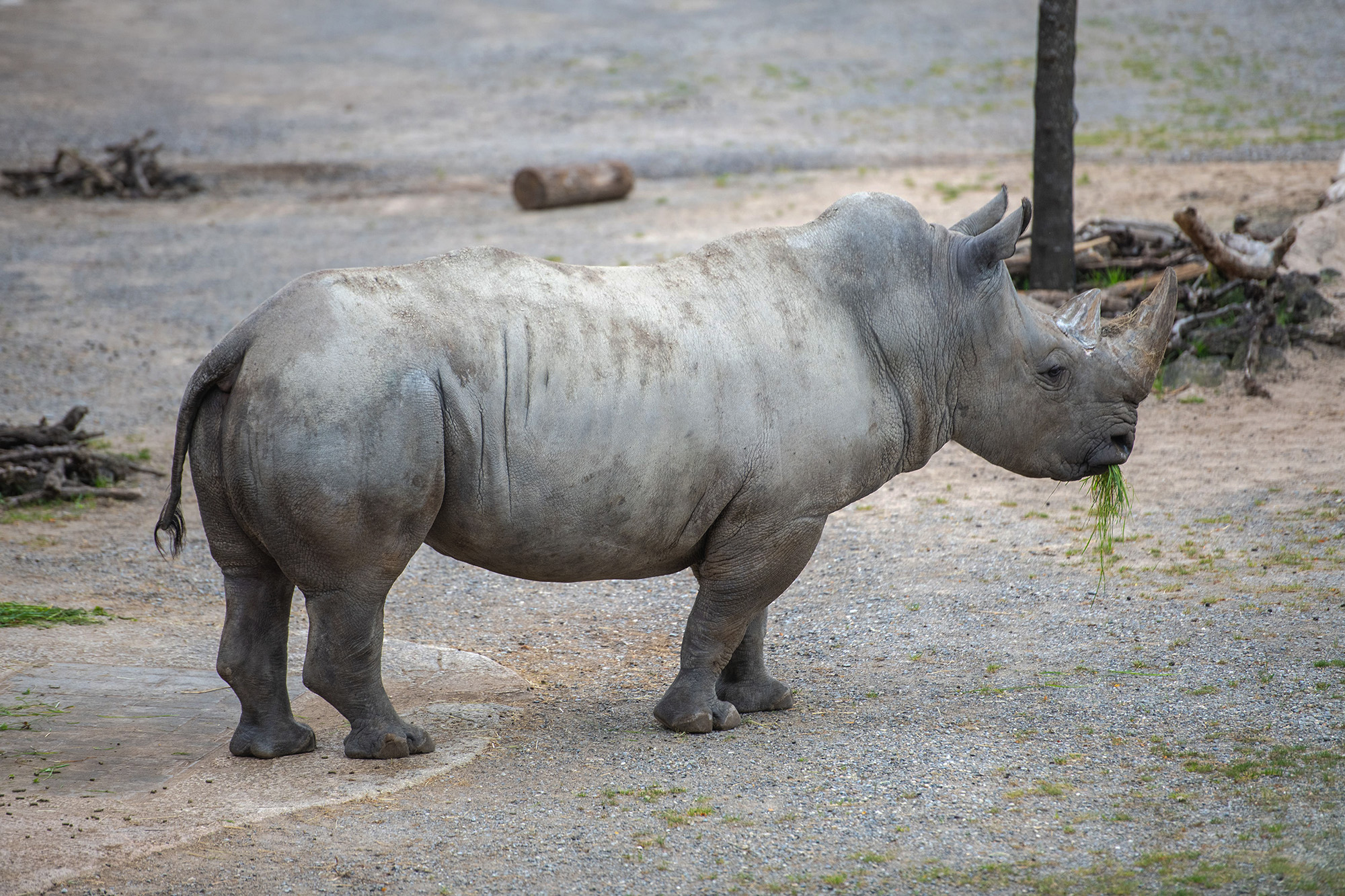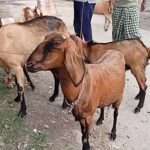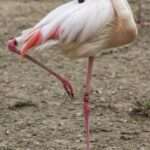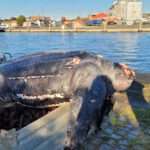Authorities in Germany have appealed to the public to abstain from littering hiking paths with rubbish, as at least two storks have suffocated after mistaking rubber bands for worms.
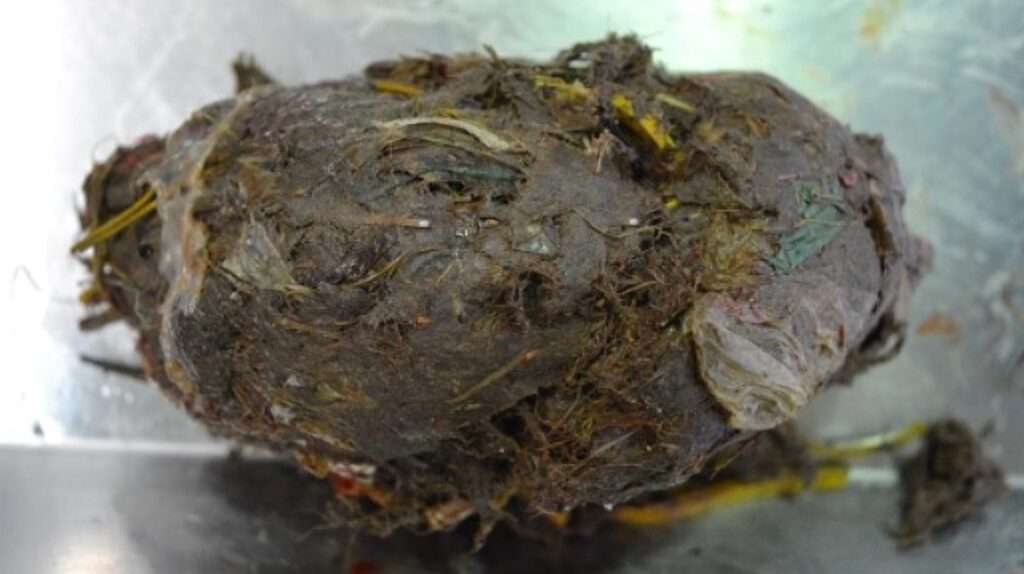
The Consumer Protection Agency in Saxony-Anhalt State, Central Germany, ordered an autopsy of two white storks over reports about an unusually high number of deaths of the migrant bird species in the region.
The examination revealed that the storks’ stomachs were crammed with rubber bands, insulation bands, cords and cling film.
In a statement from 25th July obtained by Newsflash, a spokesperson for the authority said: “We assume that the unexperienced young animals mistook the rubber bands for worms and other small prey.”
The official added: “We do not know where the storks came across this considerable number of rubber bands.”
The spokesperson explained: “The contents were entangled and stuck together which caused several ulcers and inflammation of the gastric mucosa. no other diseases have been determined.”
Veterinary experts examined the contents of the stomachs of a deceased white stork found in Saxony-Anhalt’s Saalekreis region and another dead member of the same species discovered in the nearby Burgenlandkreis region.
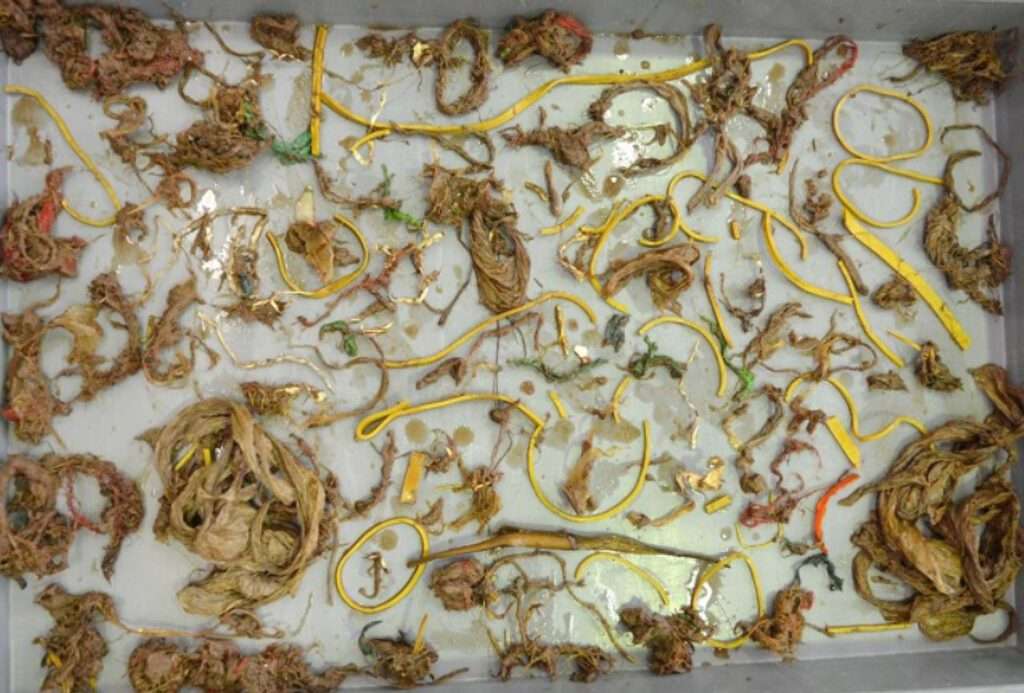
They appealed: “To prevent such fatalities from now on, it has to be ensured that wild animals including wild birds cannot get hold of such residues. Furthermore, people must not pollute the environment.”
Speaking about the gruesome way storks are dying when they swallow small rubber and plastic, German biologist Ursula Juenger said: “Everything gets stuck, all of a sudden there is no movement. They are dying with full stomachs.”
White storks are not considered endangered. However, the migratory bird is a protected species under Germany’s Federal Nature Protection Law.
White storks are spending the winter in Africa. Once nearly extinct in Germany, around 10,000 stork couples are currently nesting in the country, according to experts.
The largest stork populations can be found in the states of Baden-Wuerttemberg State and Lower Saxony, according to environmentalist Kai-Michael Thomsen from the Michael Otto Institute in Bergenhusen, Schleswig-Holstein State.
Spain, Poland and the Baltic region are the animal’s other main habitats.
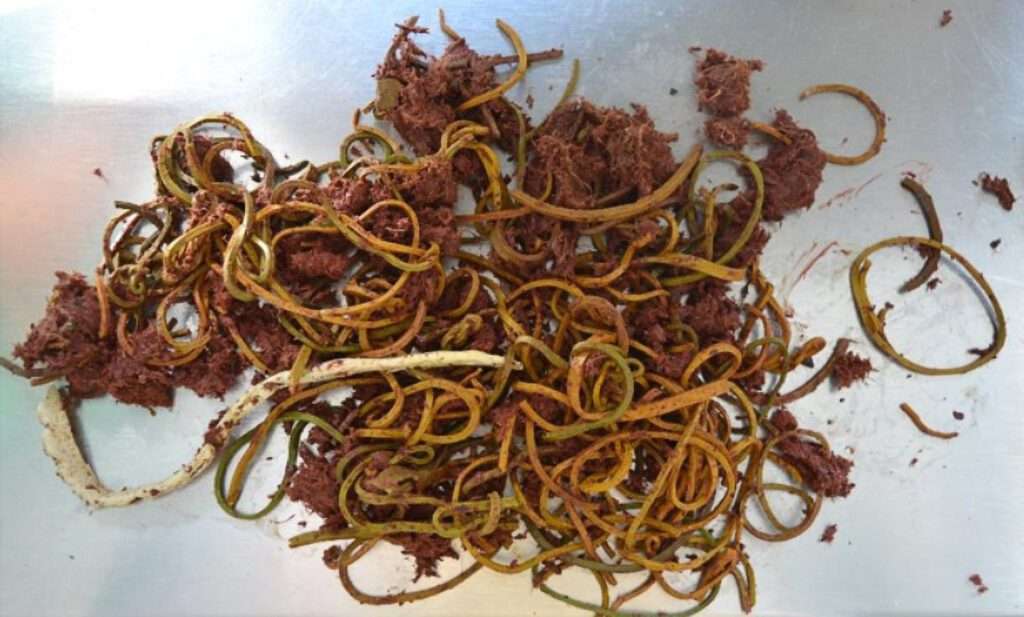
In the wild, white storks may live and reproduce past 30 years of age. Their standing height ranges between 100 and 125 centimetres (39-49 in) while their wingspan is 155 to 215 centimetres (61-85 in). Adult animals weigh between 2.3 and 4.5 kilogrammes (5.1-9.9 lb).
Amy Hall from the Cameron Bespolka Trust, a charitable organisation headquartered in Winchester, Hampshire, UK, explains: “The white stork (Ciconia ciconia) is now extinct from Britain due to persecution (as a symbol of Christianity), habitat loss and hunting, although about 20 individuals are spotted annually across the UK.”

